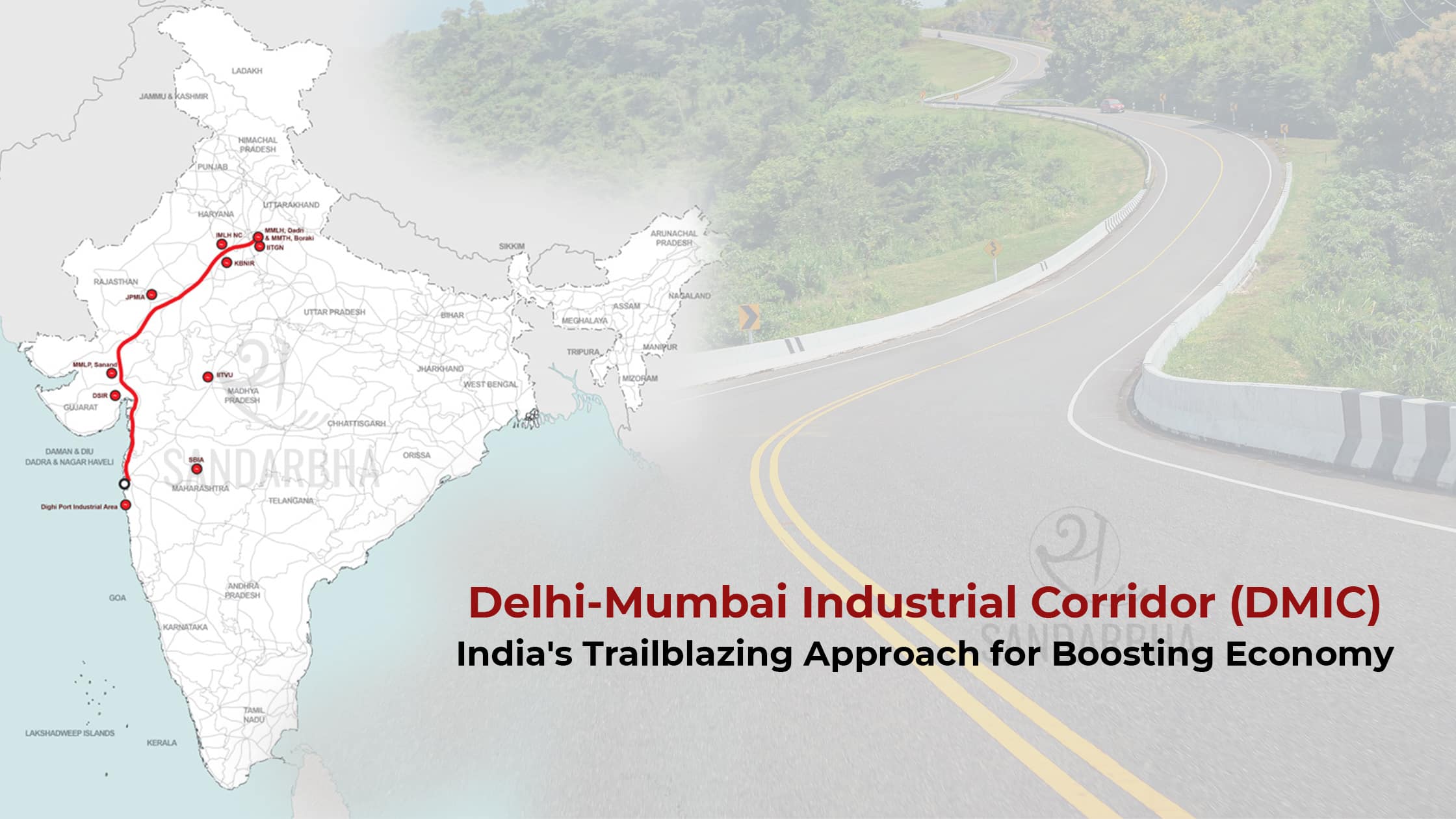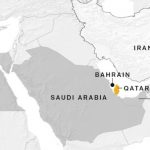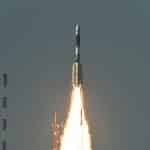A revolutionary project that aims to strengthen the socio-economic growth of India, the Delhi-Mumbai Industrial Corridor (DMIC), is poised to develop four Greenfield Industrial Smart Cities. As per the Commerce and Industry Ministry, the major trunk of infrastructure work has already been completed in the states of Madhya Pradesh, Maharashtra, Gujarat, and Uttar Pradesh. With a total area of 754 acres in the cities to the major firms, the project has recorded an investment of more than INR 16,750 crores. It is a visionary project of DMIC with a primary focus on creating a competitive environment to stimulate economic growth and draw foreign investment while maintaining sustainability.
As per a PTI report, some of the main investors in the smart City project include big names such as TATA Chemicals, HYOSUNG( South Korea), AMUL, NLMK( Russia), and HAIER ( China). Apart from that, a total of 23 projects in the other industrial corridors on various stages of infrastructural advancements. The Delhi-Mumbai Industrial Corridor is the first industrial corridor on the backbone of the revolutionary Western Dedicated Freight Corridor (DFC), which is supposed to be completed in several phases of development. The project spreads its wings over a length of 1504 km of area covering the states of Delhi and Mumbai, passing through the major states of India, including Delhi NCR, Rajasthan, Uttar Pradesh, Gujarat, Haryana, and Maharashtra, with end terminals at Jawaharlal Nehru Port near Mumbai and Dadri in Delhi NCR. This visionary project includes the development of Mega industrial zones, Airports, Ports, Lane intersection-free Express Highways, and Industrial Townships.
Also read: Delhi-Mumbai Expressway’s
The primary objective of this ambitious project, as stated in the PTI report, is to formulate the vision of developing Greenfield Smart Industrial cities with ICT-enabled and sustainable ‘plug n play’ utilities that may help to expedite the manufacturing investments in India by providing sustainability and quality along with resilient infrastructure and development for the industries. The Government has sanctioned a total of 11 similar corridors with 32 projects to be developed in 4 phases. This ambitious project is believed to act as a catalyst for overall and regional development with a focus on bringing down the cost of manufacturing as well as the DMIC to the lowest globally. The project is set to be completed by 2024.
With a focus on resilient infrastructure and connectivity, the Delhi-Mumbai Industrial Corridor (DMIC) is envisioned to tap the potential of the existing road/ rail freight movement and transform the region into a competitive hub for trade and commerce globally. Apart from that, the project will significantly impact the socio-economic and employment opportunities in the country by increasing and boosting employment potential while aiming for exceptional industrial output. Moreover, with the fourfold increase in exports, India is to strengthen its position in the International realm, drawing more global investments while burgeoning significantly.











